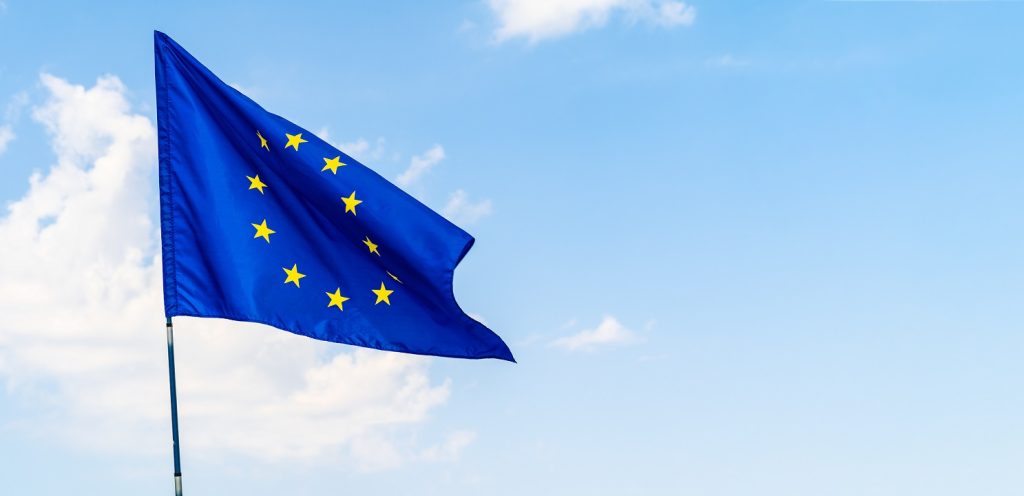January 21st. European mediation day.
Today is an important day for Europeans, today we celebrate the role of mediation in conflict resolution and above all, the role that mediation should play in conflict resolution; a day in which it is remembered that since the late 90s Europe has been betting on TOD.R. as valid mechanisms and, above all, that allow its citizens to be brought closer to quality justice where they are protagonists of its solutions.
Since the 1998 Recommendation and the subsequent Directives issued by the European Comission, the member states have been invited to introduce into their legal systems the regulation of these alternative mechanisms of conflict resolution and with greater emphasis, mediation itself.

With good judgment, the European institutions promote from the implementation of regulations and support for the insertion of mediation into traditional conflict resolution systems, leaving behind the complementary nature that was given to them at their birth and ensuring that, in many states, mediation plays a very important role in the conflict management.
Europe celebrates today, the 21st, that mediation is the way so that its citizens actively participate in conflict resolution and, above all, that they regain control over their problems with the support of professionals.
How does mediation intervene in conflict resolution?
The role of mediation is essential to generate social spaces in which conflicts expire, that is, the endemic evil of conflict management through justice systems is time, that is, the time that conflicts survive institutional treatment. Mediation is a more effective response due to a practical issue and the implementation of agreements reached within its professional umbrella.

In addition to efficiency in conflict management, mediation offers a immediate social effect creating a line of co-responsibility between the protagonists of the conflict management system and the protagonists of the conflicts; With this, the level of compliance with the agreements reached is significantly enhanced, decreasing in the judicialization of conflicts is consistent. We could conclude that working in mediation we allow the solution to a conflict not to reach the public sphere and stay inside the private sphere of its protagonists.
Why study a master's degree in Mediation
Training in mediation is essential: knowing the work structure in mediation, differentiating its exercise from other activities, studying work tools or practicing professional strategies are tasks that must be addressed through training and training. Being a mediator does not result from reading a simple manual but requires the interaction with professionals, the study of specific contents and above all, the change of professional chip by the mediator.
Through mediation training, the professional acquires the necessary awareness to understand that the focus of the work is on his clients, that he must be a qualified witness of the process and that his role is that of energize meetings achieving continuous progress in the process. Therefore, considering that constant and continuous mediation is part of the DNA of the mediator is indisputable.
From EIM and its teaching staff, we congratulate ourselves by celebrating January 21 as the day of Mediation in Europe betting on professional training that allows our students to launch themselves into this professional field and celebrate every year that the best way to resolve conflicts is through dialogue and of effort of the protagonists of that problem and not of third parties.




